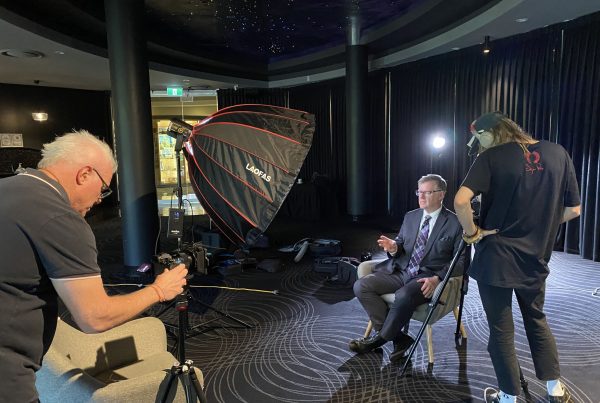In my 20 years’ experience of designing, developing and implementing enterprise grade Learning Management Systems (LMS), I have seen more often than not, performance development measured in terms of course attendance. In other words, the more formal training courses attended, the better developed a team member will be.
This is not the case. Performance development involves a broad range of factors including the mind sets of the participants, effective objective setting, key indicators, on-the-job training, some formal external courses and annual reviews.
What I have discovered is that a critical factor for performance management success is often omitted from the formal process, and that is the inclusion of rich, informal conversations that take place between a team member and manager during a performance management cycle.
I’m reminded of my colleague, Hannah who I worked with for a number of years. Hannah moved up through the business progressively and her supervisor, Jasmine, placed her onto a management pathway. Hannah worked hard at becoming the best manager she could be.
After six months or so, it was clear that Hannah was falling short of her objectives and wasn’t making an impact as a manager. This affected her confidence and demeanour.
While attending an out-of-town business conference, Hannah and Jasmine decided to have dinner. Hannah’s performance came up unexpectedly in conversation. A relaxed and uninhibited conversation followed where it became clear that Hannah did not really want to be a manager. It wasn’t a goal for her but she assumed the business expected it. Hannah’s real ambition was to be a marketing specialist.
Jasmine and Hannah agreed there and then over pizza and red wine that Hannah would pivot to a specialised role in digital marketing. This wasn’t a demotion or sideways move, rather this unscheduled conversation over dinner realigned her goals and targets to Hannah’s real passion, drive and skills. Hannah has since flourished at work, and her confidence and skills have grown exponentially.
None of that performance development would have occurred without a quality, risk free conversation! If Jasmine and Hannah had not had that dinner chat, Hannah would have remained on the wrong pathway.
What I have learnt is that performance development involves meaningful conversations, which often take place at unguarded moments outside the office. Capturing these conversations and connecting them to the formal performance development cycle will ensure a well-balanced performance development process.
Veracity has worked with clients to enhance performance development approaches by building apps to enable and include relevant conversations that may occur ‘anytime, anywhere’.





